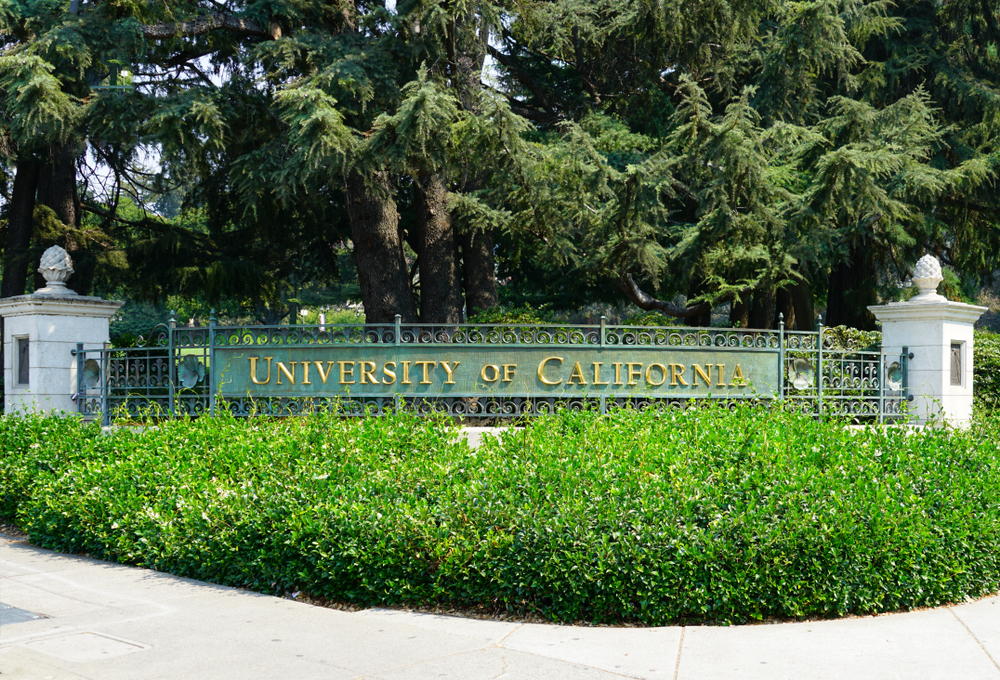In a significant move aimed at addressing historical injustices, California Assemblymember Isaac Bryan has introduced a bill that would grant admission priority to the descendants of slaves at the University of California (UC) and California State University (CSU) systems. This legislation seeks to rectify the long-standing discrimination faced by these communities in higher education.
Understanding the legislation
Assemblymember Bryan, a Democrat representing parts of Los Angeles, emphasized the moral obligation to amend the systemic inequalities that have persisted in educational institutions. He stated to The Associated Press, “For decades, universities gave preferential admission treatment to donors and their family members, while others tied to legacies of harm were ignored and at times outright excluded. We have a moral responsibility to do all we can to right those wrongs.”
This proposed bill is particularly timely as it comes in the wake of a special legislative session convened to protect California’s progressive policies against potential rollbacks from the incoming Trump administration, which is expected to prioritize dismantling diversity, equity and inclusion programs.
The context of affirmative action
California has a complex history with affirmative action. In 1996, voters passed a measure that prohibited state institutions from granting preferential treatment based on race, sex, ethnicity, color or national origin. This measure was upheld in 2020, effectively banning affirmative action in public university admissions. Bryan’s new legislation would allow, but not mandate, preferential admissions treatment for descendants of slaves, marking a potential shift in how universities approach diversity.
Opposition and support
Opponents of the bill, primarily from the Republican party, argue that such measures are discriminatory and promote a left-wing agenda. They have criticized campus diversity programs and hinted at potential legislation to penalize universities that implement such initiatives. However, Bryan remains hopeful for the bill’s approval, citing a growing recognition of California’s role in perpetuating inequalities stemming from slavery.
Current demographics and the need for change
As of 2023, Black students constituted approximately 4 percent of the CSU student population and about 4.7 percent at UC. These figures highlight the underrepresentation of Black students in California’s higher education landscape. Bryan’s proposal aligns with recommendations from California’s Black reparations task force, which seeks to address the historical injustices faced by Black residents.
Reparations and legislative challenges
The bill is part of broader reparations efforts in California, which have seen mixed results. Governor Gavin Newsom recently signed a law apologizing for the state’s legacy of racism but faced challenges in passing legislation to create an agency for administering reparations programs. Additionally, voters recently rejected a measure aimed at banning forced prison labor, further complicating the reparations landscape.
Broader implications of the bill
Bryan articulated that reparations extend beyond financial compensation, stating, “When folks think about reparations, they think about just cash payments. But repairing the harm and the inequality that came from slavery and the policies thereafter is a much bigger process.” This perspective underscores the need for systemic changes in educational policies to foster equity.
Looking ahead
The proposed bill will undergo a lengthy legislative process, and Bryan has expressed his intention to counteract recent comments from Trump regarding reparations for white students affected by DEI programs. As the national conversation around race and equity continues to evolve, California’s legislative actions may set a precedent for other states grappling with similar issues.
As the debate over diversity and inclusion in education intensifies, California’s initiative to prioritize the descendants of slaves in university admissions represents a crucial step toward acknowledging and addressing historical injustices. The outcome of this legislation could have far-reaching implications for higher education and the broader fight for racial equity in America.
















